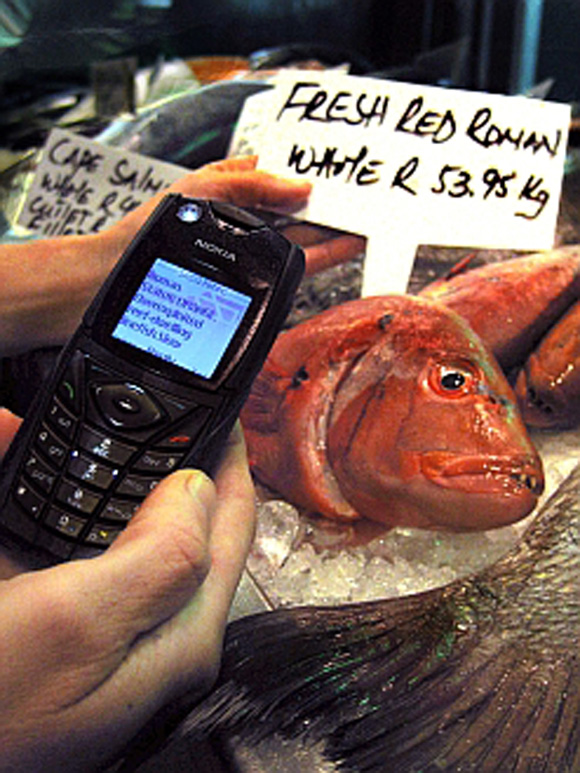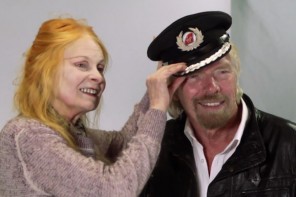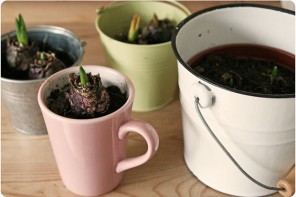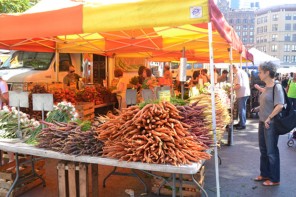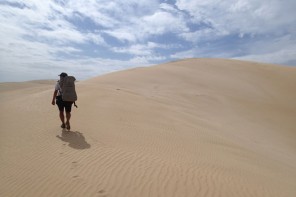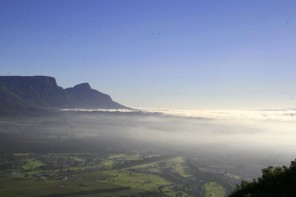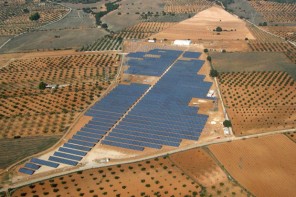Following an investigation into the seafood sold at Fruit and Veg City two months ago, a number of Sapa journalists were apparently detained in a cold storage room in a Sandton franchise and ordered to delete all photographic evidence. The lobster in question was said to be undersized, thus deeming the catch unsustainable.
Scandal
Far from the first controversial case surrounding the seafood sold by this giant retailer, June month saw Fruit and Veg City suffer from a tirade of criticism from not only the traditional media, but a large number of consumers and individuals via online platforms like Facebook. Carte Blanche even featured them in an episode titled ‘Making Waves’ (click here to watch).
Although the case was thrown out of court, Fruit and Veg City have since given a public apology in regards to any endangered, illegal, undersized or mislabelled seafood sold in their stores. They have also made a donation of R120 000 to the Southern African Sustainable Seafood Initiative (SASSI) and are currently in the process of partnering with the organisation, which would include a commitment to only sell sustainable seafood.
In the case of the undersized lobster, both the supplier and franchise were fined.
The Bigger Picture
A fast growing franchise, Fruit and Veg City will make R5 billion this year alone and has over 100 stores in not only South Africa, but other African countries such as Namibia and Zimbabwe. But are they the only ones with ethically questionable seafood on their shelves? Although a number of South Africa’s retailers have been feeling the pressure to better monitor their seafood products, many continue to sell mislabelled, undersized or endangered fish.
Mislabelled fish can be a potential health hazard and imported fish often comes from undeveloped countries with poorly legislated fishing regulations. There are size limits for certain kinds of fish and smaller than this often means it has been caught illegally. In order for seafood to be sustainable, it needs to be able to be traced back to its origin and have been caught in such a way that is considerate towards the environment and the fisherman. It is also imperative that it is not part of endangered species – considered ‘red-listed’ by SASSI.
Taking Responsibility
When it comes to unethical products consumers tend to blame the retailers, who in turn point fingers at the suppliers. But isn’t it time we all started taking responsibility? By playing the watchdog, consumers can make positive change – as the Fruit and Veg City seafood saga quite plainly shows.
With the help of social media and films like ‘End of the Line’ helping to raise awareness on the state of our seas, the demand for sustainable seafood grows each day. Join by checking out the SASSI website and taking care the next time you purchase fish.
Sms the name of the species of seafood you are interested in to 079 499 8795 to find out whether it is considered sustainable by SASSI.


